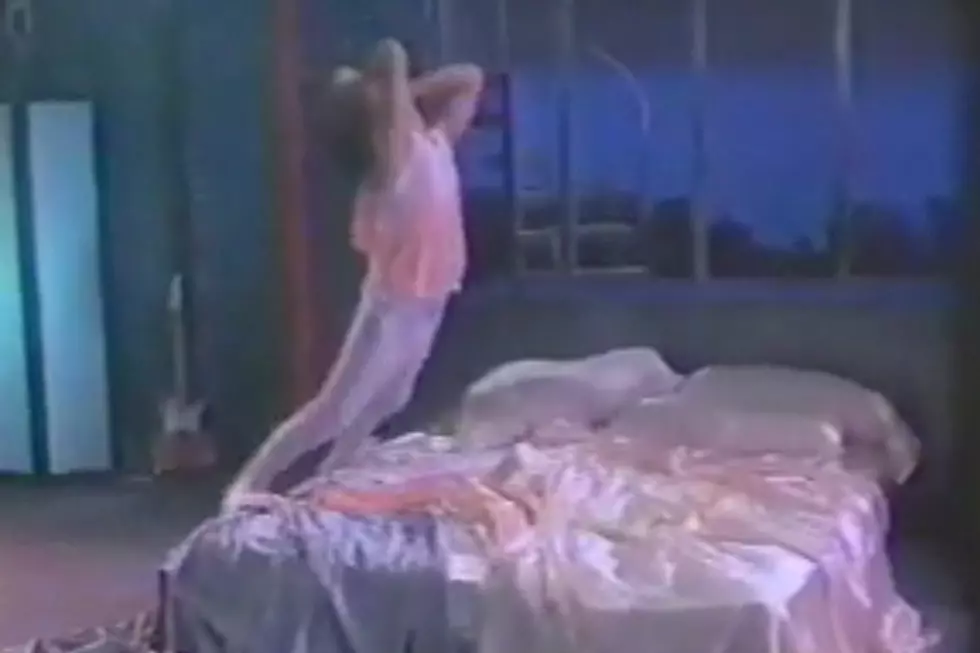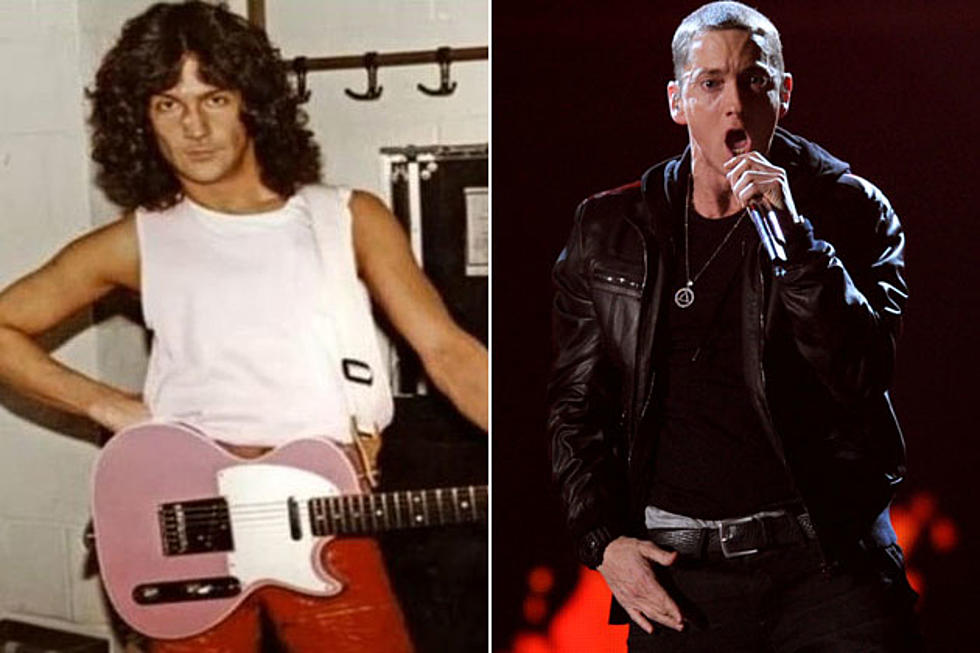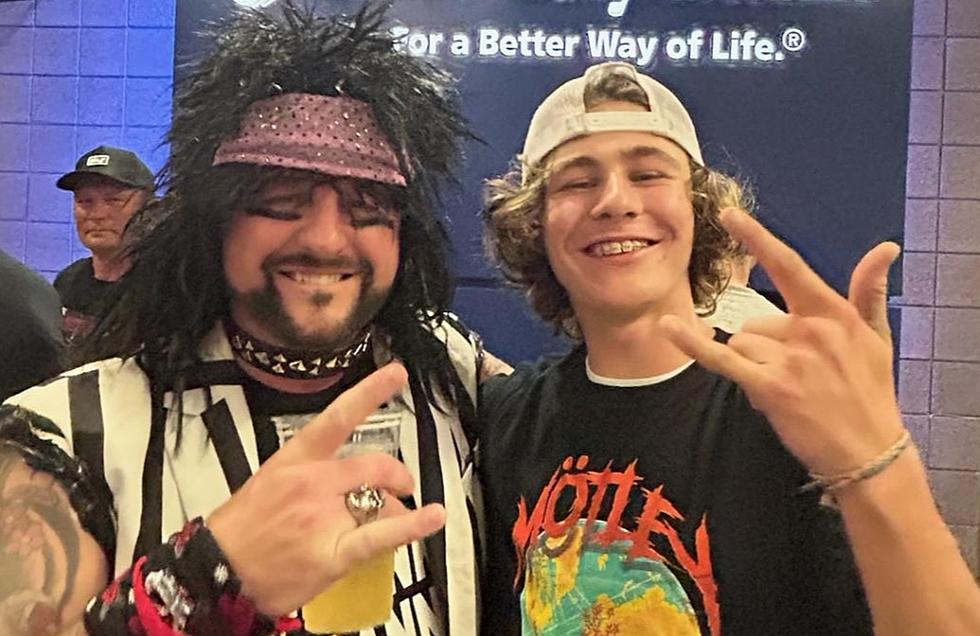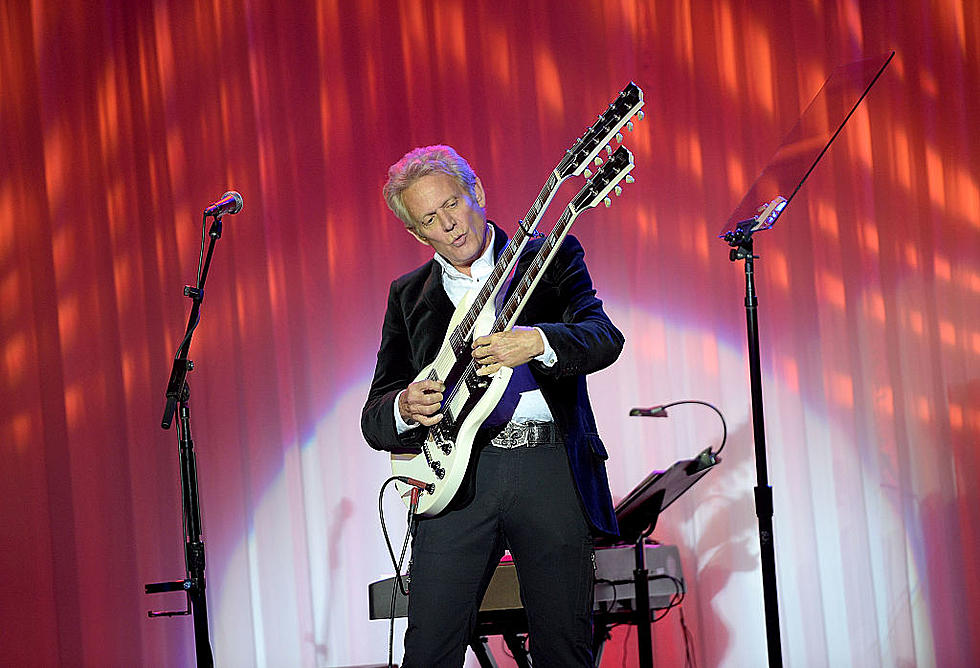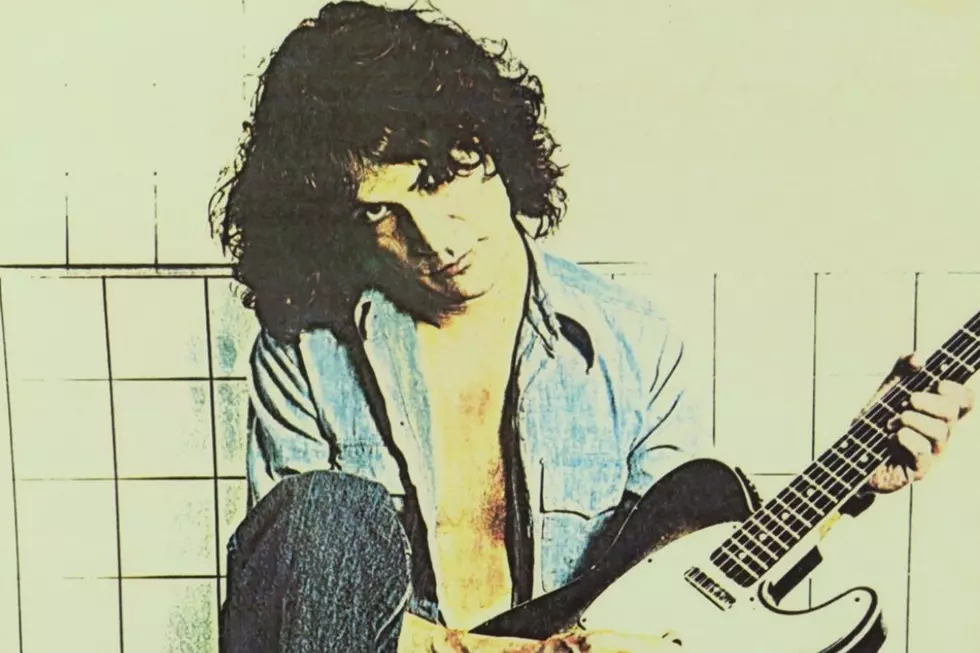
Revisiting Billy Squier’s Breakthrough Album, ‘Don’t Say No’
Everyone loves an overnight success story, but fame and fortune far more often follow years of hard work — as they did for Billy Squier after the release of his second solo album, Don't Say No.
Released on April 13, 1981, Don't Say No arrived at a moment when few people had ever heard of Squier, but served as the culmination of years spent discovering and refining his sound. He'd released his solo debut, The Tale of the Tape, less than a year before. The record failed to catch hold on the pop charts, but it made inroads at rock radio with a handful of tracks.
Not content to take a slow ride to the top, Squier kept his ear to the airwaves while working on the material that made up Don't Say No. He'd never admit to making outright concessions in pursuit of a hit — and his records were already pretty radio-friendly to begin with. Still, he set about moving any inessential parts from his arrangements, further honing a sound whose big guitars and bigger beats were perfectly in tune with the AOR of the early '80s.
To help with this streamlining, Squier hooked up with Reinhold Mack, a veteran engineer and producer whose credits included records for Electric Light Orchestra, Deep Purple and Queen. It was the latter band that connected the two, as Squier had originally sought out Queen guitarist Brian May to produce The Tale of the Tape.
Kept from the project by a scheduling conflict, May recommended Mack, and he and Squier hit it off. Aside from the right combination of people behind the scenes, Squier also brought some of his best material to the Don't Say No sessions.
Watch Billy Squier's 'The Stroke' Video
The 10-track record, entirely self-penned, boasted a slew of radio-ready cuts — including "In the Dark," "Lonely Is the Night," "My Kinda Lover" and "The Stroke," all of which broke the Top 40 at rock radio. On pop stations, meanwhile, Squier rocketed to household-name status before the year was out, largely on the strength of "The Stroke" (which hit No. 17) and "In the Dark" (No. 35). Before it was through, Don't Say No would go on to sell more than three million copies.
For Billy Squier, the record's success marked an important victory in a war he'd been fighting for a long time.
"I went into Don't Say No with a lot of confidence and I did feel that it was in a sense, my time," he told Addicted to Vinyl. "It was my time if I chose to seize it. You know, that I did have people paying attention, that people would be looking for my next record to some degree and that if I delivered, I really had a chance of making a big impact. When it was done, before it came out, I felt that this was the record that I had been spending my whole career to this point getting ready to make. I was totally happy with it."
Don't Say No launched Squier's solo career into the stratosphere, and for a brief period, it looked like he had a long line of multi-platinum records in his future. Things didn't work out that way, and by the end of the '90s, he'd pretty much turned his back on the music industry. But with this album, he took his best shot at the dream he'd worked hard to achieve — and it worked.
"I remember saying to people before it came out ... I said 'If this record isn't successful, I'm out,' Squier said with a laugh in his Addicted to Vinyl interview. "Fortunately, I didn't have to do that."
See the Top 100 Albums of the '80s
More From 96.5 The Walleye
